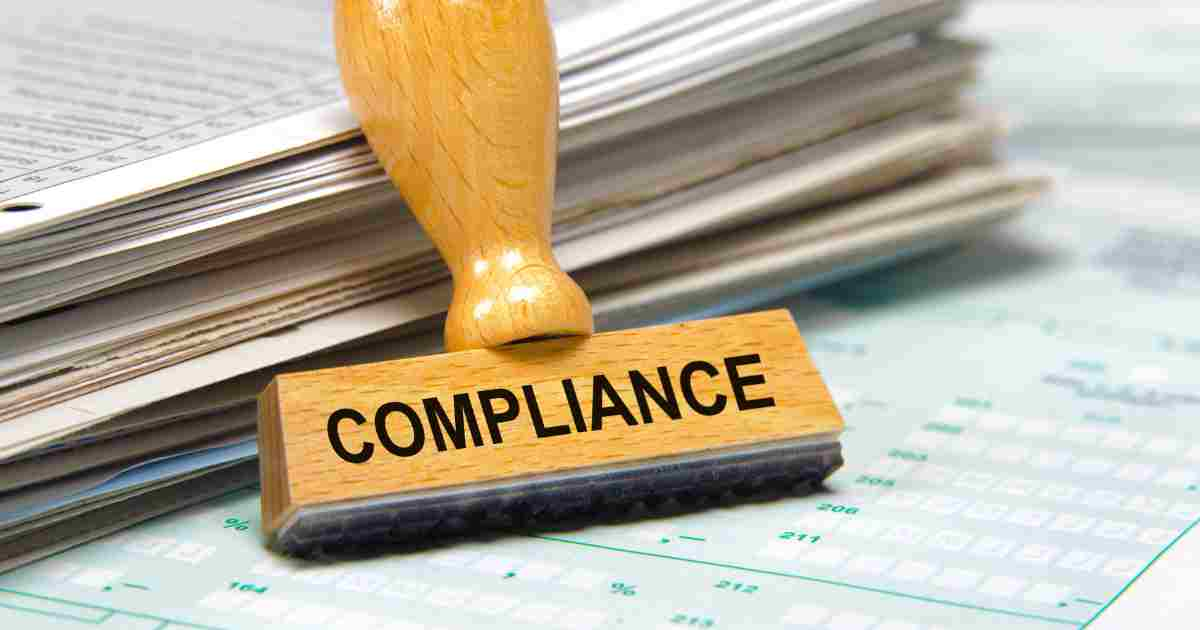
Compliance in the business world is very important. It ensures that everyone is abiding by the laws and is being fair. For small to medium-sized enterprises (SMEs), compliance is not always at the forefront of important things (profits come first). However, being compliant is not something that anyone should be compromising on.
Compliance defines the process of ensuring that a company’s operations adhere to the laws and regulations applicable to its industry. Compliance is a proactive, preventative approach to risk management, aimed at preventing legal issues before they happen.
As the number of SMEs increases in South Africa, there is an even greater need to ensure they comply with all necessary laws.
In this article, we look at the importance of compliance for SMEs and how to ensure you stay compliant.
Important Compliance Requirements
Here are some of the most important compliance requirements you must know for your SME to stay compliant.
Business registration: In South Africa, you need to register your business with the Companies and Intellectual Property Commission (CIPC).
Tax compliance: All SMEs must register with the South African Revenue Services (SARS) for tax purposes.
Employment compliance: If you have staff, you will need to comply with all relevant labour laws including the Basic Conditions of Employment Act.
Health and safety compliance: To ensure you maintain a safe working environment, you need to comply with the Occupational Health and Safety Act.
Consumer protection compliance: SMEs need to comply with the Consumer Protection Act to ensure they are protecting the rights of consumers.
Data protection and privacy: Due to the increasing reliance on technology tools, SMEs need to comply with all data protection laws.
These compliance requirements are just a few of the ones you need to take note of. While the ones above are necessary for all businesses, you also need to know which compliance requirements are important for your industry.
Importance of Compliance for SMEs
These are some of the reasons why compliance is important for SMEs in South Africa.
Good Reputation
Non-compliance can be bad for your business’ reputation. A blow to your reputation and brand can lead to loss of customer tryst and potential business opportunities. By being compliant you show that your business is committed to ethical business practices.
Operational Efficiency
Businesses that are efficient in their operations are typically aligned with compliance standards. By following laws and guidelines you can ensure that your business operates effectively and within the rules of your industry.
Business Growth
Compliance is crucial to the growth of your business. Being compliant means you are more likely to get the funding you need for the growth of your business. Additionally, being compliant can open up your business to investment opportunities and new business.
Competitive Advantage
Being compliant in all areas of your business will give you an advantage over your competitors. Compliance means you will get funding and business opportunities your competitors might not get if they are not compliant.
These are just some of the reasons why compliance is important, especially for SMEs. The most important benefit of being compliant is avoiding fines and any legal issues that could lead to the end of your business.
Effective Compliance Management Strategies
Here are some key strategies for effective compliance management for your SME.
Understand your Regulatory Environment
You must make sure you keep up with all laws and regulations relevant to your industry. This means you must monitor all legislative updates and understand the implications for your business.
Develop a Compliance Programme
Having a clearly defined compliance programme can help you manage all your compliance obligations. A compliance programme includes clear policies and procedures, regular compliance audits and providing employees with compliance training.
Leverage Technology
Leveraging compliance management software can automate and streamline compliance processes. This will make it easier to keep track of new laws and regulations, manage documents and report on your compliance status.
Consult with Experts
Because compliance can be a tricky concept, consulting with an expert is always a bad idea. These professionals can offer you advice on any compliance requirements and help you develop an effective compliance plan/strategy.
These strategies or ideas can help you develop a compliance plan and create effective compliance management for your business. Make sure your business is compliant so that you avoid any issues and can watch your business grow.
For more information on compliance, take a look at the Compliance Certificates to Know About article. Visit SME SA Funding Summit to purchase your tickets for our exciting summit.






